Introducing: Harvey Premier
56
Years Of Experience
100
Research Publications
800
Institutions Worldwide
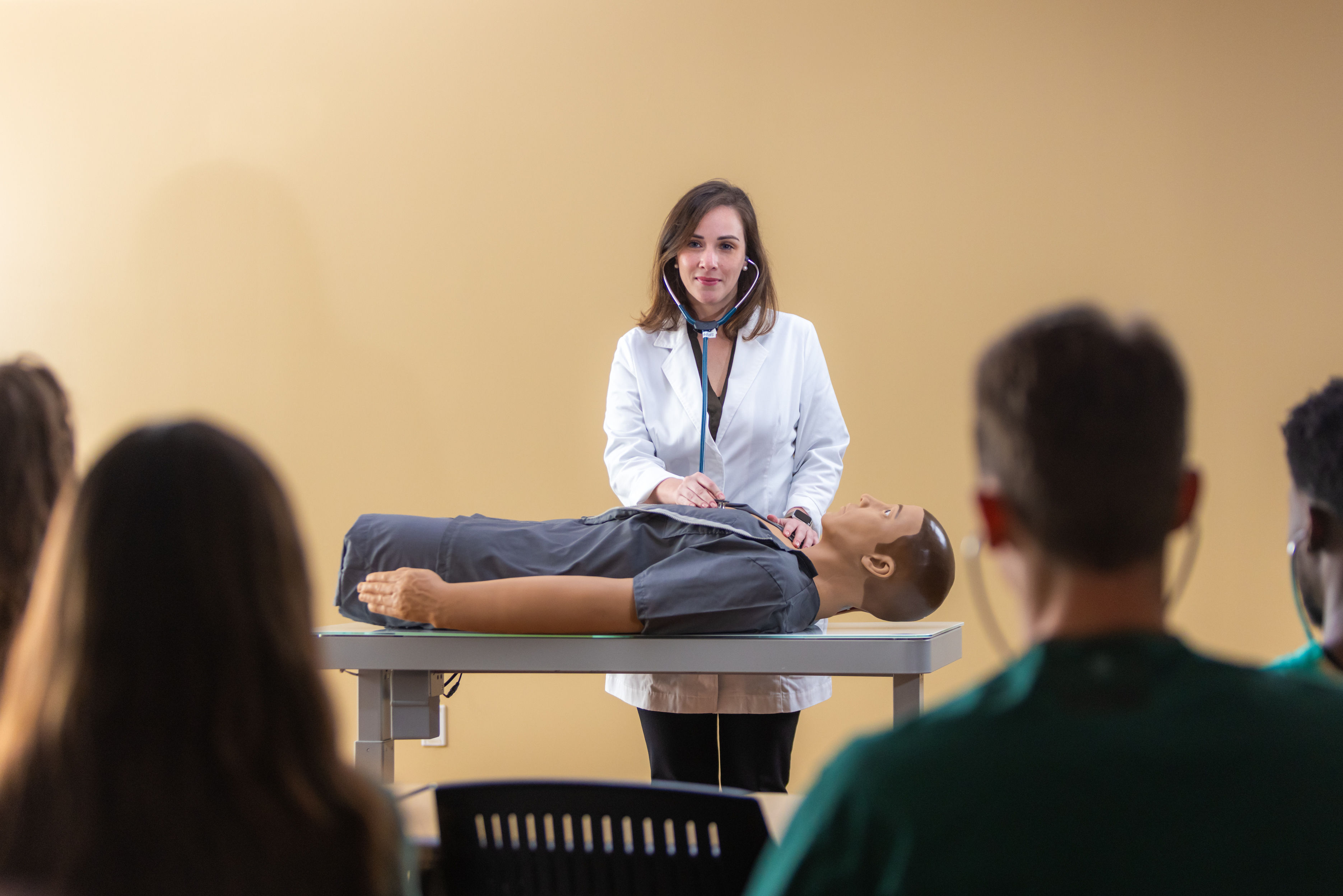
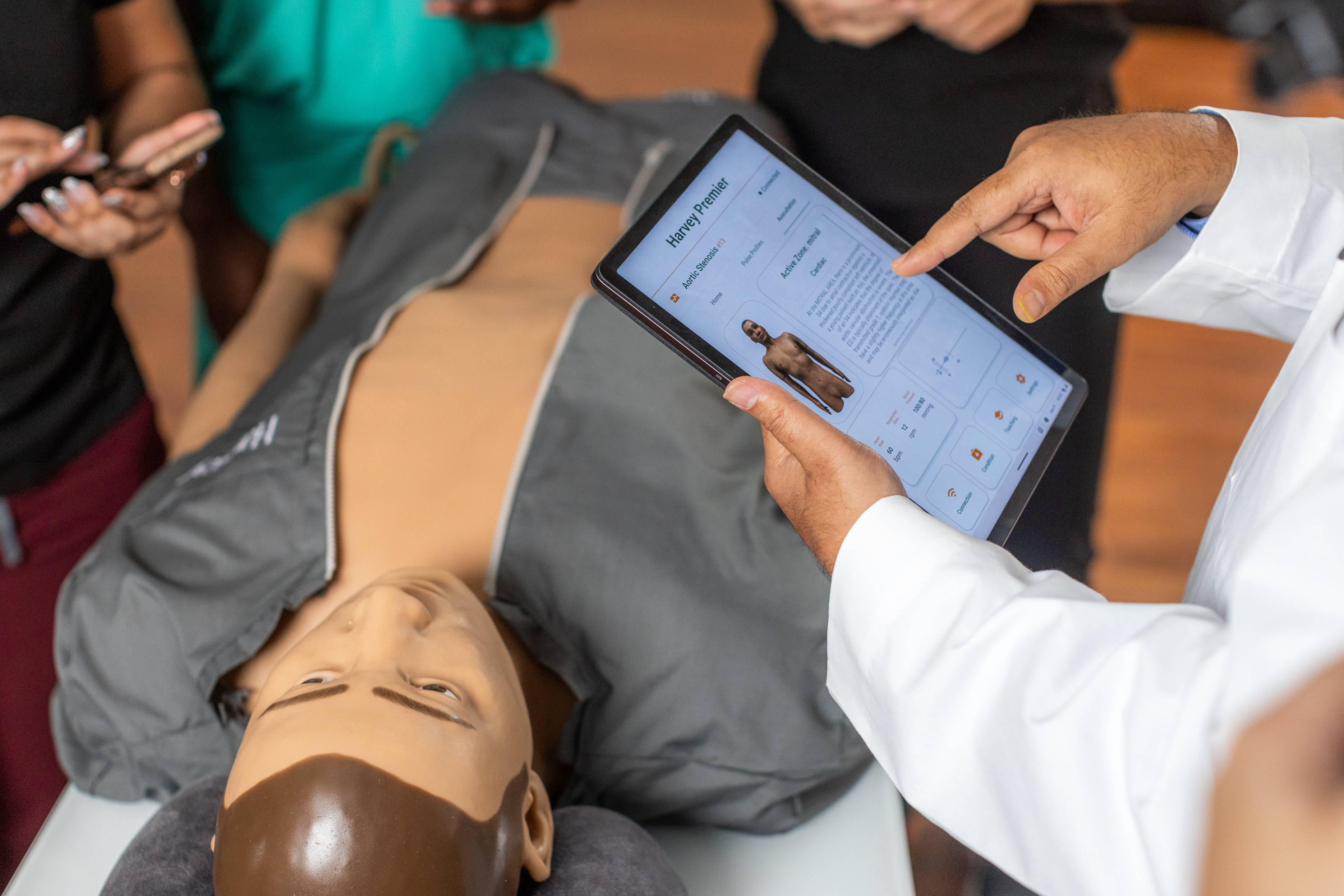
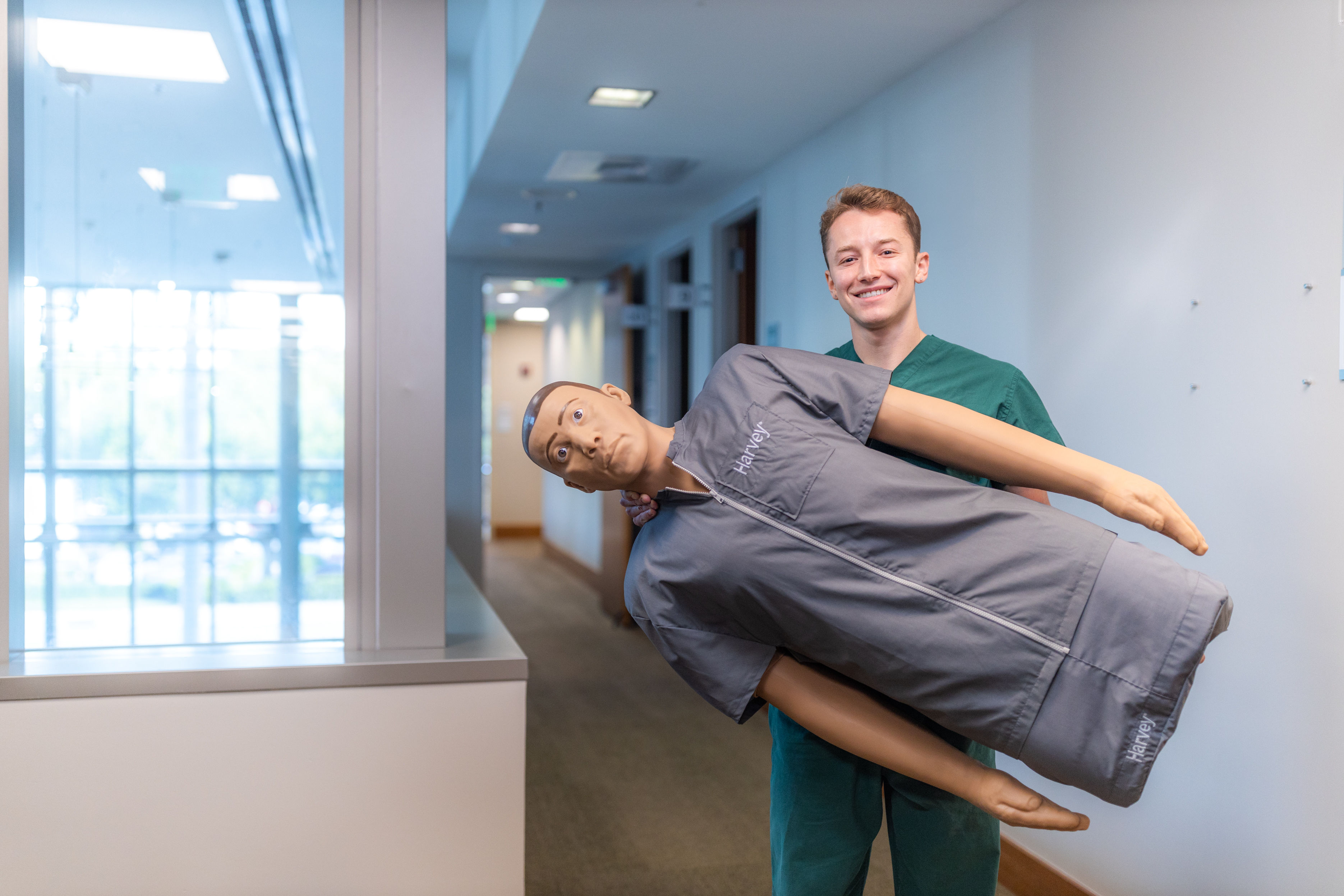
Years Of Experience
Research Publications
Institutions Worldwide



Developed by the Gordon Center for Simulation and Innovation in Medical Education at the University of Miami, Harvey represents over 55 years of innovation in simulation-based training. As the longest-running university-based simulator in health professions education, Harvey continues to set the standard in cardiopulmonary skills training worldwide.
Harvey Premier enables learners to master cardiovascular examination skills that translate directly to improved patient care. Studies confirm that training with Harvey significantly enhances diagnostic accuracy in real clinical settings.
With 50 diverse patient scenarios covering murmurs, infarctions, congenital conditions, and more, Harvey delivers unmatched breadth and depth for teaching cardiac pathophysiology and bedside assessment.
Includes standardized patient cases, learner and instructor guides, software-based curricula, and technical support—customized for medical, nursing, and physician assistant programs.
Now half the weight of previous versions, Harvey Premier features a tablet-controlled interface, app-enabled remote access, and wireless audio for seamless teaching anywhere.
Designed for self-directed learning, small-group instruction, and large classroom settings—with integration into UMedic® for efficient guided study and performance tracking.
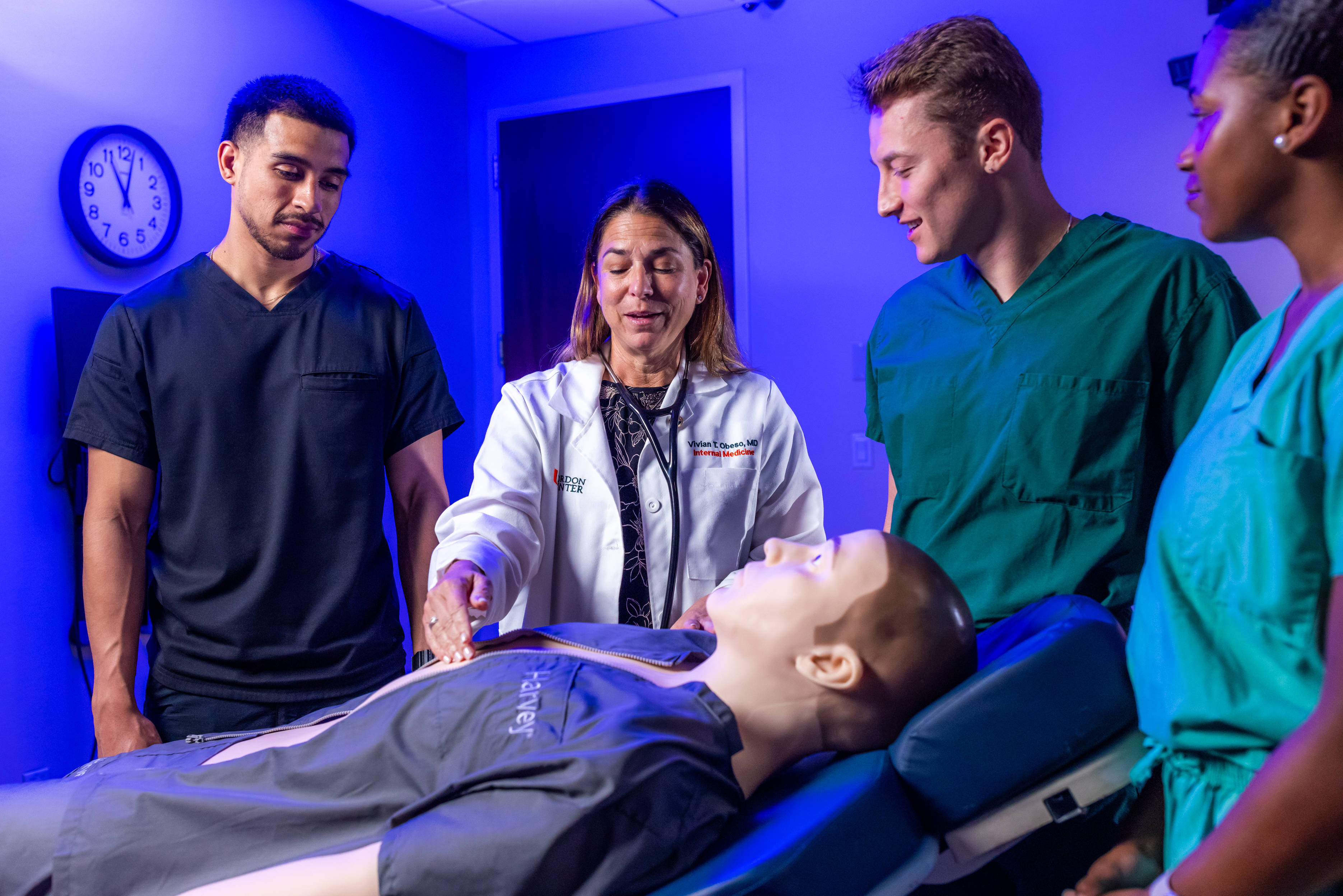
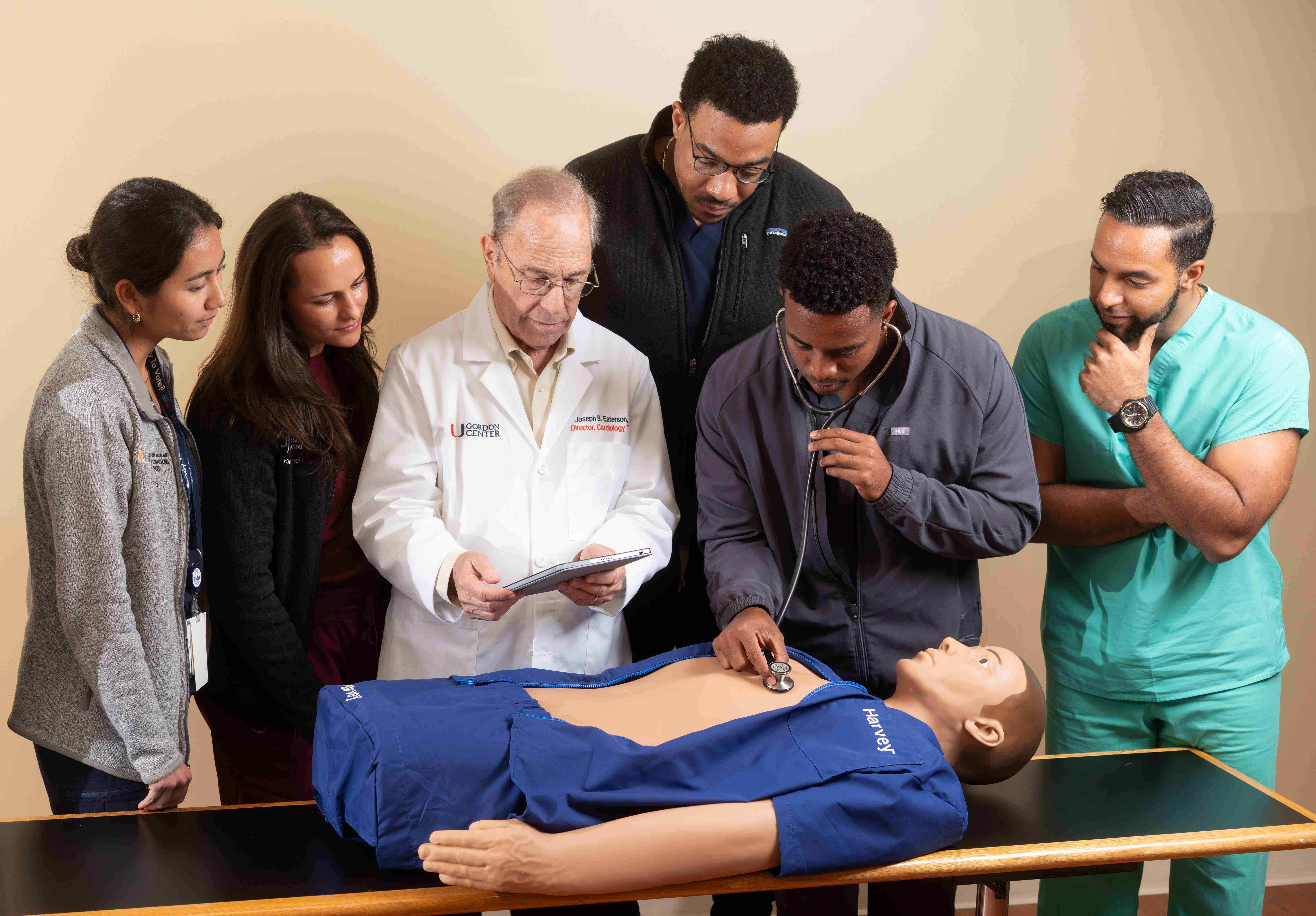
More than 100 published studies have validated Harvey’s effectiveness as a simulation-based teaching tool for improving bedside cardiac assessment skills. While cardiovascular examination is a sensitive, specific, and cost-effective clinical skill, national studies consistently reveal that trainees in Internal Medicine and Family Practice lack proficiency. Research identifies simulation with repetition, feedback, and outcome-based testing as the optimal solution. Harvey addresses this gap with proven impact: a landmark NHLBI-sponsored multicenter study at five U.S. medical schools showed that students trained with Harvey performed significantly better in real patient examinations compared to controls.
Additional studies confirm Harvey’s utility in both teaching and assessment across learner levels and disciplines. However, successful integration requires institutional commitment—embedding Harvey into the required curriculum, evaluating learner outcomes, and identifying faculty champions are key to maximizing its benefit. When implemented effectively, Harvey empowers learners to develop clinical skills that reliably transfer to the care of real patients.
Learn MoreHarvey Premier is the latest evolution of a trusted cardiopulmonary simulator used for over 55 years to teach bedside assessment skills that transfer to real patients. Now lighter, more portable, and technologically enhanced, Harvey delivers high-quality, hands-on training across 50 realistic patient scenarios. With integrated curriculum support and flexible learning options, Harvey Premier is a comprehensive, turnkey solution for developing clinical competence in cardiac care.
Decades of research show that training with Harvey improves real-world cardiac assessment skills.
Includes more than 50 detailed patient scenarios with corresponding learning materials for a wide range of health professions.
Features a tablet-based interface, wireless controls, and a compact 50 lb. design for use anywhere.
Supports individual, peer, and group instruction—enhanced by UMedic® integration for self-guided study and instructor time savings.
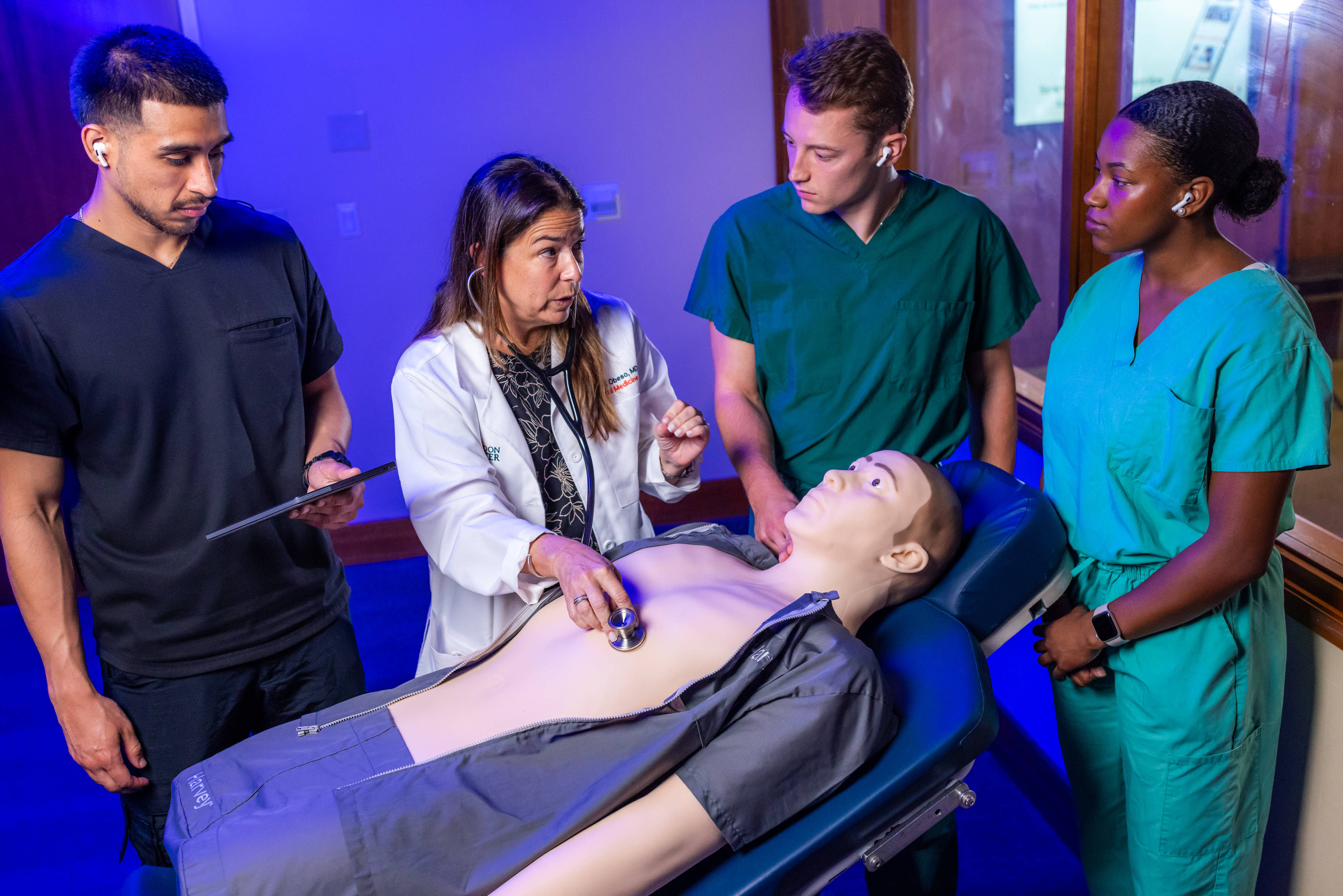
Students focus on normal cardiovascular physiology and bedside examination. This involves studying normal physiology and early clinical skills. The curriculum includes a large-group lecture setting and small-group or independent learning sessions, totaling 3 hours (1.5 hours each).
Building on the first year, students review normal cardiovascular physiology and are introduced to classic valve lesions, covering their pathophysiology and bedside examination. Key topics include mitral regurgitation, aortic stenosis, aortic regurgitation, and mitral stenosis. This year combines large-group lectures and small-group or independent learning, totaling 7 hours (1 hour lecture, 6 hours small-group/independent learning).
The focus shifts to common cardiovascular diseases, encompassing bedside examination, laboratory evaluation, and treatment. Students study conditions such as angina pectoris, inferior infarction, anterior infarction, hypertension, and cardiomyopathy. This year involves small-group or independent learning sessions, totaling 7.5 hours.
Students engage in a comprehensive review of the cardiovascular curriculum through adult and/or pediatric electives, reviewing previous modules and adding congenital and acquired disease modules. This final year includes 15-20 hours of small-group or independent learning over a 4-week elective.